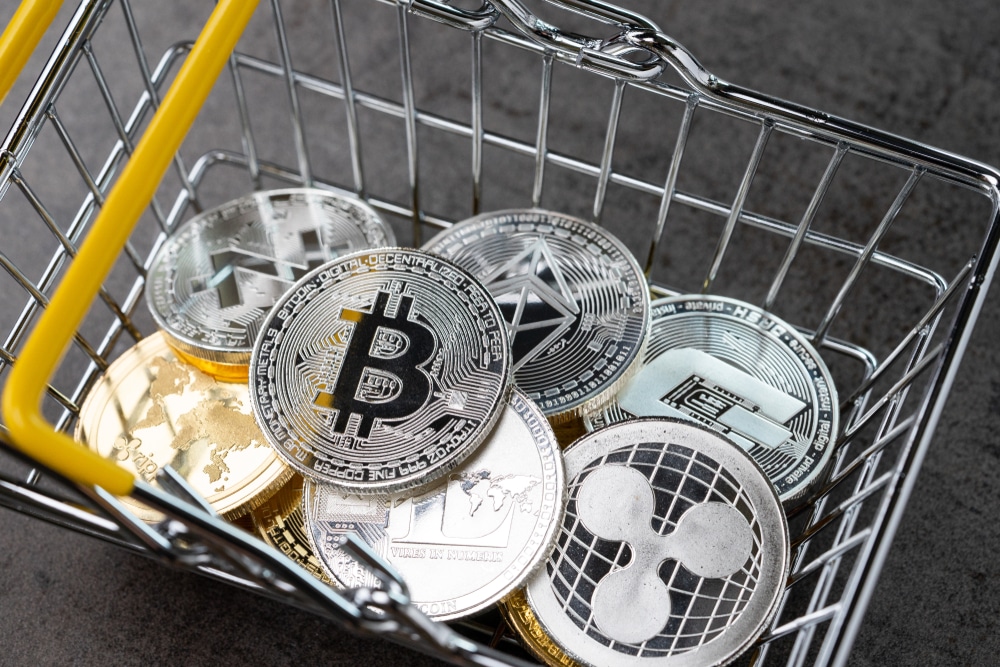Singapore-based crypto exchange Crypto.com has moved to expand its presence in Australia with the buyout of Fintek Securities.
The acquisition of the MT5 tech based Australian CFD broker – which holds an Australia Financial Services License and is regulated by the Australian Securities and Investments Commission (ASIC) – will allow Crypto.com to offer its existing products in the country.
These include deposit products, derivatives, securities, foreign exchange, managed investment schemes and more.
Crypto.com CEO Kris Marszalek said: “The path of the Crypto.com roadmap is to ambitiously expand our offering by providing customers the most comprehensive set of financial services, and this acquisition is the latest step in that journey.
“The goal is to create one destination for all financial services where users can simplify their experience and maximize rewards.”
The acquisition is the second by Crypto.com to enable it to provide traditional brokerage capabilities, following the earlier acquisition of SEC registered Watchdog Capital, LLC.
In the UK, Crypto.com is operated by FORIS DAX and allows users to buy Bitcoin, Ethereum, and more than 350 cryptocurrencies with pound sterling.
FORIS DAX is one of only around 44 firms on the Financial Conduct Authority’s (FCA) Cryptoasset Firms register which are legally allowed to offer crypto investing and trading services to UK customers.
The full list of firms as well as summaries and comparisons of their offerings can be viewed here.
In June 2023 FCA data found 9% of adults in the UK own crypto assets, up from 4.4% in 2021.
In addition, 28% of those who do not hold crypto said they would be more likely to trade in it if the market was regulated.
The FCA, which has been tasked with developing its framework for crypto in the UK, in October reiterated its position prohibiting the selling of cryptocurrency products such as exchange traded funds (ETFs) to retail investors.

Robin has more than six years of experience as a financial journalist, most of which were spent at Citywire, and covers the latest developments in the investing, trading and currency transfer space. Outside of work, he enjoys reading literature and philosophy and playing the piano.
You can contact Robin at robin@goodmoneyguide.com


